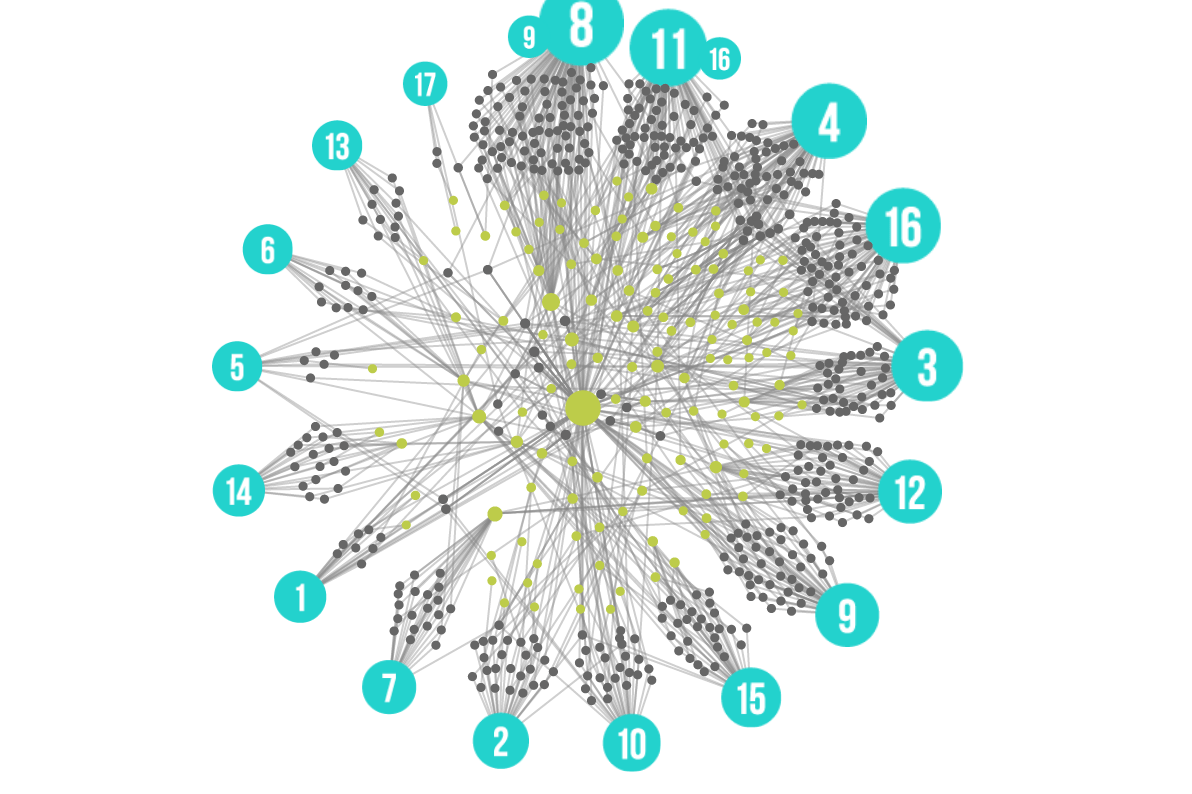13 December 2017: The EU’s statistical office, Eurostat, issued a monitoring report on progress towards the SDGs in an EU context. The strengths and weaknesses of the report have been the subject of discussion in, inter alia, a commentary from SDG Watch Europe, a panel event in the European Economic and Social Committee (EESC) and a debate in the European Parliament.
In November 2016, the European Commission presented a new policy framework, describing it as the EU’s “answer to the 2030 Agenda.” The document titled, ‘Next steps for a sustainable European future’ (COM (2016) 739), provides for regular monitoring of progress towards the SDGs in an EU context. The November 2017 report from Eurostat is the first monitoring exercise under this mandate.
Titled, ‘Sustainable Development in the European Union: Monitoring report on progress towards the SDGs in an EU context,’ the report presents advancements in each SDG, with a focus on the aspects that are “relevant from an EU perspective,” the authors note. The analysis is based on a set of 100 indicators developed by the EU for this process following a “wide consultation process” and adopted in May 2017. It includes five or six indicators for each SDG. The indicators were selected in accordance with the quality criteria of the European Statistics Code of Practice, the report notes.
The EU SDG indicator set “has been aligned as far as appropriate with the UN list of global indicators,” according to the authors. However, it does not intend to cover all aspects of the SDGs or all of the UN’s global indicators, instead focusing on “indicators relevant to the EU” in order to monitor the SDGs “in the context of long-term EU Policies.” The report notes that the indicator set will undergo regular reviews to reflect future policy developments and newly available indicators. The first review of the indicators is expected to be issued in September 2018.
Eurostat finds “significant progress” in the EU towards SDGs 3, 7, 11 12 and 15 over the last five years.
The report finds that in the last five years the EU “made progress towards all goals,” despite movement away from objectives on specific areas within Goals. The report identifies areas where the EU has made “significant progress” towards the overall achievement of the Goal in the last five years. These are SDGs 7 (affordable and clean energy), 12 (responsible consumption and production), 15 (life on land), 11 (sustainable cities and communities) and 3 (good health and well-being).
Areas where the EU made “moderate progress” over the last five years are SDGs 4 (quality education), 17 (partnership for the Goals), 9 (industry, innovation and infrastructure), 5 (gender equality) 8 (decent work and economic growth), 1 (no poverty), 2 (zero hunger) and 10 (reduced inequalities). The EU lacks sufficient data to track progress against SDGs 6 (clean water and sanitation), 13 (climate action), 14 (life below water) and 16 (peace, justice and strong institutions), the report states.
SDG Watch Europe issued a commentary on the Eurostat report, highlighting several weaknesses. Among these, it says that through the choice of indicator, the report subordinates key trends (whether societal, environmental, economic or technological) to the Commission’s current priorities. The analysis also offers a “skewed” picture of the EU’s performance. For example, the report identifies SDG 12 as one of the areas on which the EU has made the most progress, despite this being an area where the EU has failed, according to the European Environmental Agency (EEA) and Sustainable Development Solutions Network (SDSN). SDG Watch also notes that the report is weak in measuring reduced inequalities within the EU, an element of the 2030 Agenda’s aim to leave no one behind. SDG Watch Europe is an EU-level alliance of NGOs from various sectors, aiming to hold governments accountable for implementing the 2030 Agenda and the SDGs.
On 29 November, the EESC held a public debate for stakeholders from civil society and policy makers to exchange views on the EU report. Ingeborg Niestroy, SDG Watch, noted that the selection of the indicators for the Eurostat report is a “very political” process. She called for a “full revision” to incorporate complementary types of knowledge and indicators, also with non-state actors’ contributions. A representative of Eurostat said the review of the indicators will begin with consultation within the Commission, followed by external consultation. Participants called for the annual revision of indicators to be as broad as possible, both in terms of the actors consulted and the scope of the revision.
Among other views and concerns, participants said the various levels of governance in the EU (regional, national, EU) lack a coordinated way to support local actions, and this is slowing progress. The analysis of progress was undermined by a lack of comparability between the EU and its member States, said others. Finally, participants requested an alignment of EU and national policies to support an implementation action on a path towards meeting the SDG.
The Eurostat was also discussed in a plenary meeting of the European Parliament on 13 December. [Publication: Sustainable Development in the European Union: Monitoring Report on Progress towards the SDGs in an EU Context [Publication Page] [SDG Watch Commentary] [EESC Debate Event Information] [EESC Debate Summary and Analysis] [European Parliament Debate Record] [European Parliament Debate Videos]
